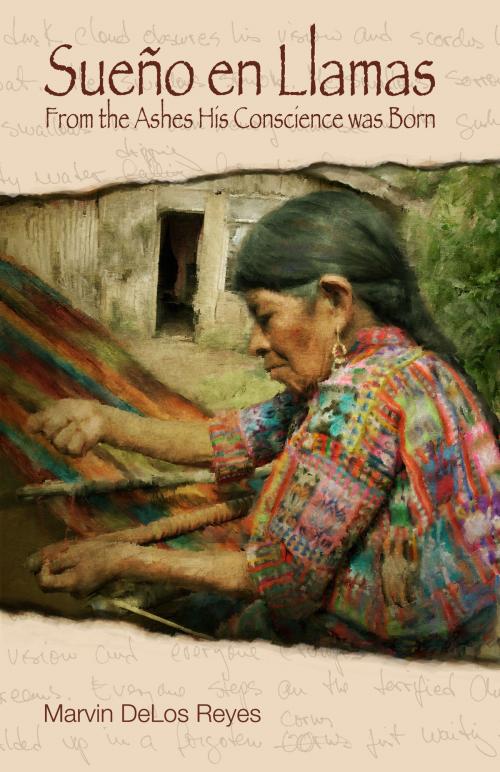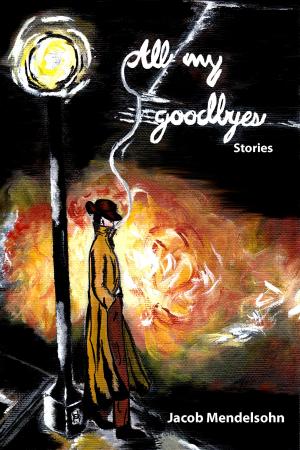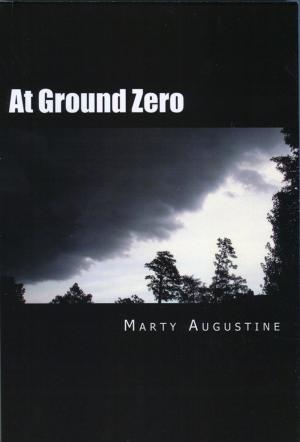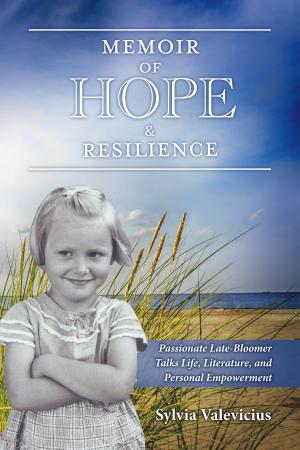| Author: | Marvin DeLos Reyes | ISBN: | 9781483539447 |
| Publisher: | BookBaby | Publication: | September 22, 2014 |
| Imprint: | Language: | English |
| Author: | Marvin DeLos Reyes |
| ISBN: | 9781483539447 |
| Publisher: | BookBaby |
| Publication: | September 22, 2014 |
| Imprint: | |
| Language: | English |
To die in a fire is one of the most terrible deaths. Who would want to die with the skin and muscles in ebullition “swallowing smoke, swallowing misery, swallowing one’s own consciousness”? This happened to thirty six people the last day of January 1980 in the Spaniard Embassy in Guatemala City. If we had seen the episode, without a doubt, we would have frequent nightmares similar to the ones that hunt those who survived the years of the politics of terror with the “scorched land.” Sueño en llamas is the awakening of the creative consciousness, is the selective amnesia as a cure against the reality that burns and terrorizes us. It is the story of the street children/half slaves trapped in the claws of the urban monster and the story of the immigrant who can’t ignore the calling of his country’s own history to find himself, to find ourselves. It is the narration of the awaiting; the closing of the circle with the magic of a song in Ixil that the abuela can no longer sing. This novel tells an episode of the Central American history that we all must carry in our conscience. ‘Oh thank God, it was just a nightmare,’ we wish we could say when we wake up… Ana Fortuny Letra Negra Translated by Marvin DeLos Reyes
To die in a fire is one of the most terrible deaths. Who would want to die with the skin and muscles in ebullition “swallowing smoke, swallowing misery, swallowing one’s own consciousness”? This happened to thirty six people the last day of January 1980 in the Spaniard Embassy in Guatemala City. If we had seen the episode, without a doubt, we would have frequent nightmares similar to the ones that hunt those who survived the years of the politics of terror with the “scorched land.” Sueño en llamas is the awakening of the creative consciousness, is the selective amnesia as a cure against the reality that burns and terrorizes us. It is the story of the street children/half slaves trapped in the claws of the urban monster and the story of the immigrant who can’t ignore the calling of his country’s own history to find himself, to find ourselves. It is the narration of the awaiting; the closing of the circle with the magic of a song in Ixil that the abuela can no longer sing. This novel tells an episode of the Central American history that we all must carry in our conscience. ‘Oh thank God, it was just a nightmare,’ we wish we could say when we wake up… Ana Fortuny Letra Negra Translated by Marvin DeLos Reyes















